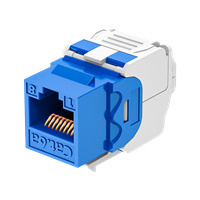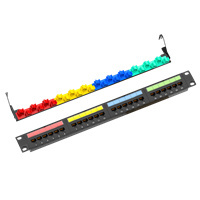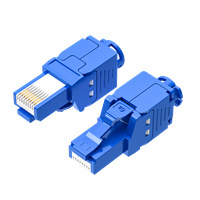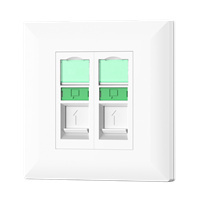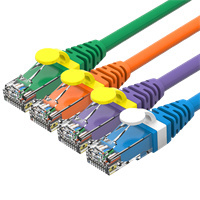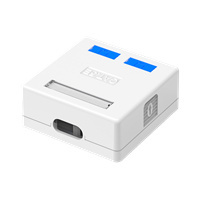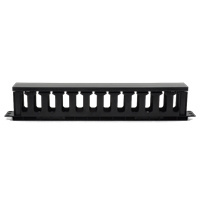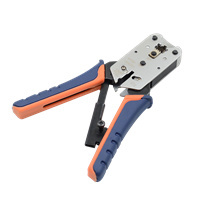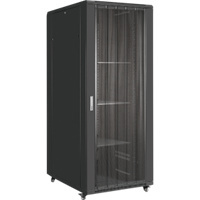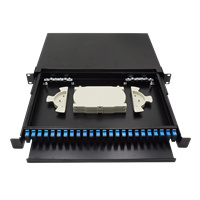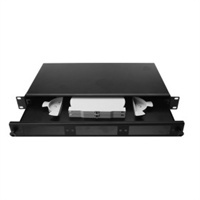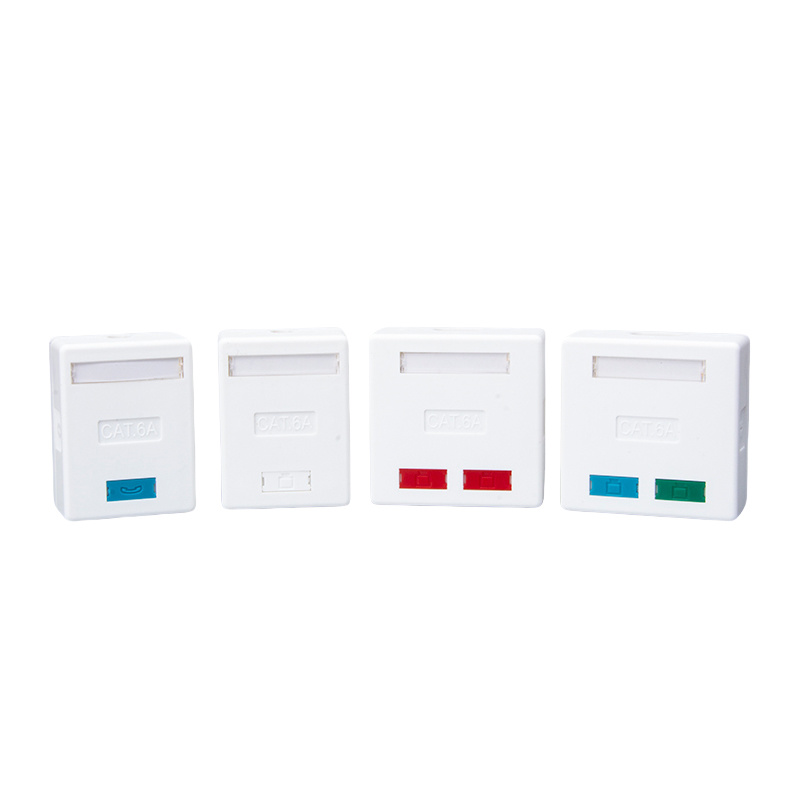Understanding Cat3 Telephone Keystone Jacks: A Key Component for Your Telecommunication Needs
One of the standout features of the Cat3 Telephone Keystone Jack is its compatibility with standard wall plates and patch panels. This modular design allows for easy installation and replacement, making it a favorite choice among electricians and network technicians. When paired with appropriate wiring, these jacks can efficiently handle the transmission of voice signals over distances typically up to 100 meters, ensuring clear communication without significant degradation of signal quality.
In terms of technical specifications, Cat3 jacks are designed to support frequencies of up to 16 MHz, which is suitable for basic telephone services. They can accommodate multiple types of wiring, including twisted pair cables, which help in reducing electromagnetic interference. When properly installed, these jacks are reliable and provide stable connectivity for voice applications.
Installation of Cat3 Telephone Keystone Jacks is relatively straightforward. To begin, ensure that you have the necessary tools, including a punch-down tool, wire stripper, and a suitable mounting box. The first step is to prepare the cables by stripping off the jacket and untwisting the pairs as required. Next, the individual wires need to be terminated to the corresponding pins of the keystone jack according to the wiring scheme. It is crucial to follow the T568A or T568B standards to ensure proper functionality.
Once the wires are terminated, the jack can be securely placed into a wall plate or patch panel. Proper cable management is essential to prevent tangling and potential damage to the wires. After installation, testing the connections with a tone generator and receiver can verify signal integrity and performance.
In conclusion, the Cat3 Telephone Keystone Jack serves as an essential component for basic voice communications. Its ease of installation, compatibility with standard systems, and reliable performance make it a valuable addition to any telecommunication setup. Whether you are retrofitting an existing system or designing a new installation, understanding the role of these jacks ensures you can provide a robust and efficient telecommunication infrastructure.
Latest news & events
Jul 01,2025
Understanding the Lifecycle of FTP Keystone Jacks: From Manufacturing to Application
Understanding the Lifecycle of FTP Keystone Jacks: A Comprehensive Guide In the realm of construction and decorative materials, particularly in networking solutions, **FTP keystone jacks** play a pivotal role in ensuring seamless connectivity. They are essential components that facilitate the transmission of data in various environments, from residential settings to large-scale commercial applicat
Learn moreJun 28,2025
Understanding Modular Plug 8P8C: Essential Insights for Professionals
Modular plugs, specifically the 8P8C (8 Position 8 Contact), are integral components in modern networking and telecommunications systems. Often referred to as RJ45 connectors, these plugs are primarily used for Ethernet cables, ensuring stable data transmission in various applications. Understanding the characteristics and uses of the modular plug 8P8C can significantly benefit professionals in th
Learn moreJun 25,2025
Transform Your Wiring Setup: Benefits of a 48 Port Cat6 Patch Panel Table of Contents Introduction to 48 Port Cat6 Patch Panels What is a Patch Panel and Its Functionality? Benefits of Using a 48 Port Cat6 Patch Panel Enhanced Organization of Cabling Improved Network Performance Future-proofing Your Network Cost-effectiveness and Scalability Installation and Setup of a 4
Learn moreJun 30,2025
Compact and Versatile HMB-JK01F Surface Mounting Box Simplifies Network Setup
The HMB-JK01F mounting box offers a neat, easy-to-install Cat.5e/6 solution for confined or wall-mounted network connections.
Learn more

